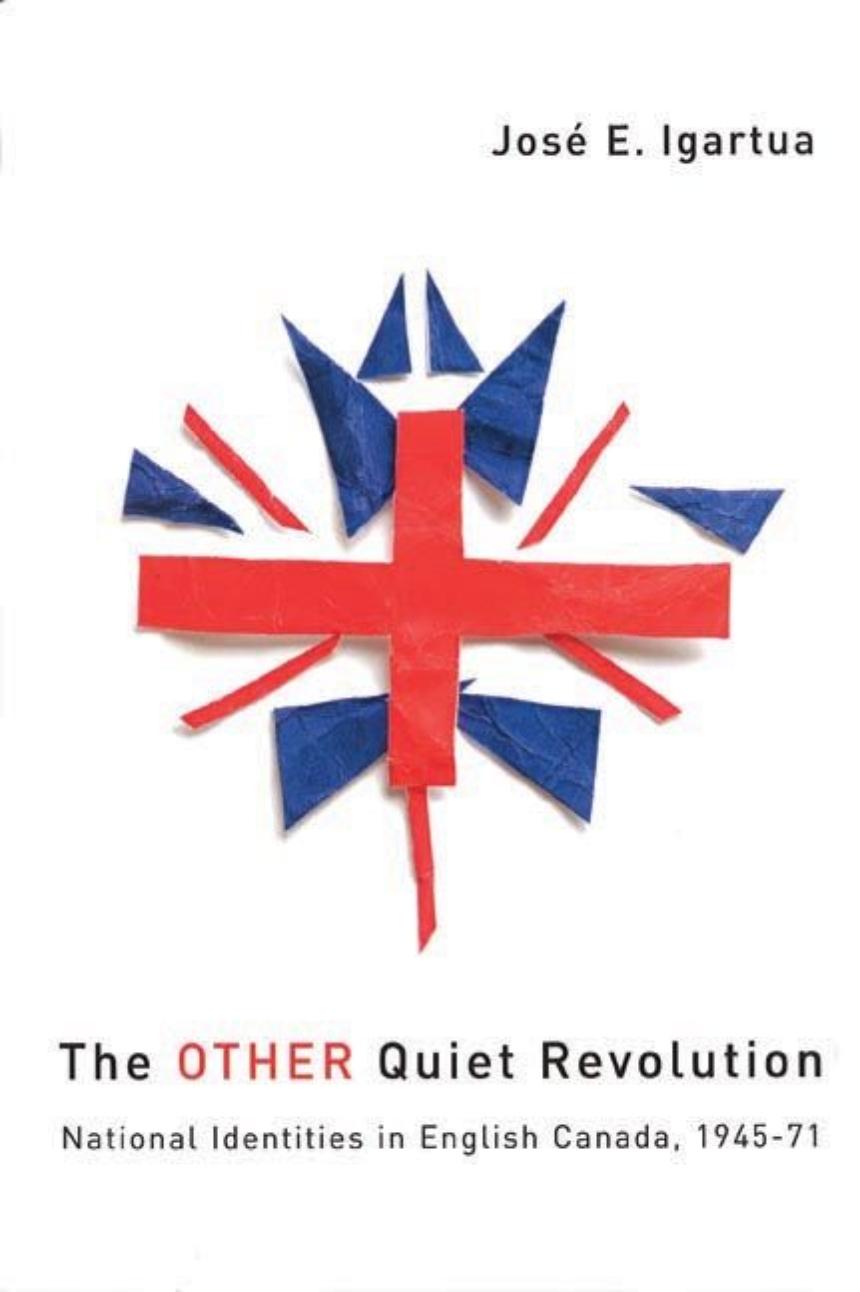University of British Columbia Press
The Other Quiet Revolution
National Identities in English Canada, 1945-71
9780774810913
9780774810883
Distributed for University of British Columbia Press
The Other Quiet Revolution
National Identities in English Canada, 1945-71
The Other Quiet Revolution traces the under-examined cultural transformation woven through key developments in the formation of Canadian nationhood, from the 1946 Citizenship Act and the 1956 Suez crisis to the Royal Commission on Bilingualism and Biculturalism (1963-70) and the adoption of the federal multiculturalism policy in 1971. José Igartua analyzes editorial opinion, political rhetoric, history textbooks, and public opinion polls to show how Canada’s self-conception as a British country dissolved as struggles with bilingualism and biculturalism, as well as Quebec’s constitutional demands, helped to fashion new representations of national identity in English-speaking Canada based on the civic principle of equality.
Table of Contents
Acknowledgments
Introduction: Searching for National Identities
1 Being of the Breed
2 The Boundaries of Canadian Citizenship
3 Values, Memories, Symbols, Myths, and Traditions
4 This Nefarious Work
5 When Tories Roar
6 Predominantly of British Origin
7 Bewailing Their Loss
8 A Long Whine of Bilious Platitudes
Conclusion: From Ties of Descent to Principles of Equality
Notes
Bibliography
Index

